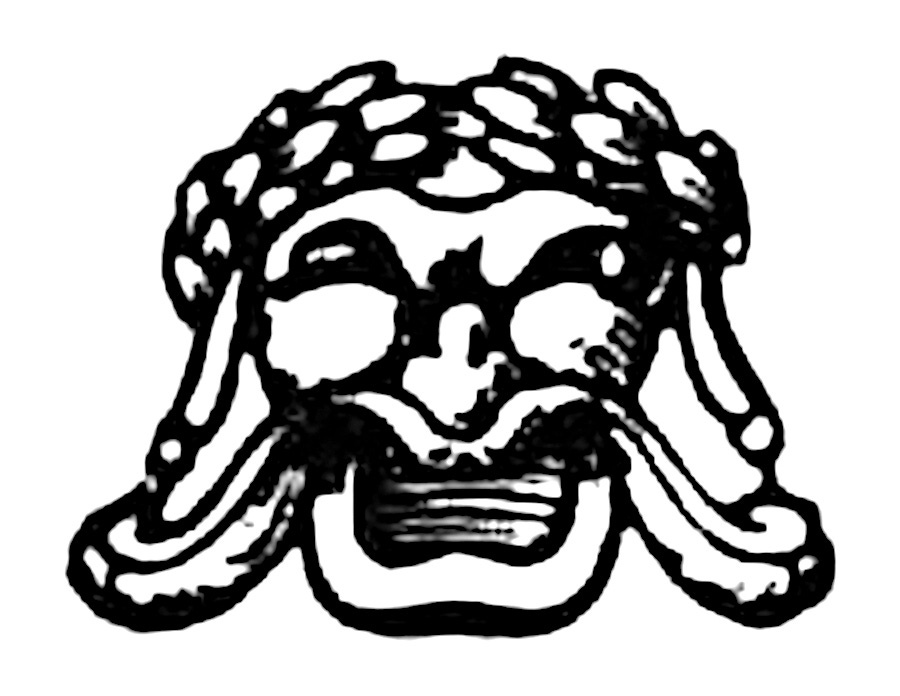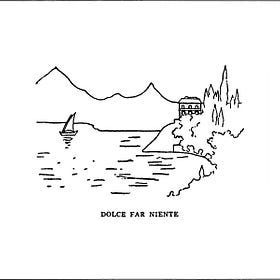—: Inhibition :—
The night is pointed
With cruel stars,
And sharpened
By the steel war chant
Of ambushed crickets.
If there were a blood-red moon,
One could carefully
Kill the thing he loved
And bury it
Beneath a monumental pine tree.
But the cold bayonets
Of the stars
Prevent me;
And the revengeful crickets
Have made me weary of both love and hate.
Upper, Joseph (1891-1954)
P: Contemporary Verse (1919/28), American Poetry Magazine (1919-20), The Smart Set (1920-21), Tempo (1921), Poet Lore (1922-26), Overland Monthly & Out West (1924-27), The Double Dealer (1925), The Wanderer (1924), The Lyric West (1925-27), The Commonweal (1927); short-stories, plays, etc.
Born Joseph Upper Harris, in New York. Worked as a government clerk in Washington D.C. Collaborated with Harold B. Allen on the farcical one-act play, At the Movies (1921).
This reads like a contemporary English-language tanka sequence. The opening stanza is striking, using well-worn images in fresh and arresting ways, and the final lines are expansive, expressing a deep dissatisfaction with the binary structures typical to the English language and philosophy. Why must we choose to either love or hate things (to like or dislike, to recommend or reject, and so on)? What other possibilities exist in the space between (the liminal, the interstitial, the plateau)? So often ‘love’ is posited as a solution to ‘hate’, but within a binary system the “positive” term (i.e. love) always reaffirms its “negation” (i.e. hate): two heads of the same monstrous beast . . .
suspended between creation & destruction— blow wind blow! once you were a god
Forgotten Poets Presents:
Forgotten Poems, a living anthology of obscure and out-of-print poetry from the late-1800s and early-1900s. Explore the archives:
More poems about the moon . . .
Edna Constance Willard - Moonlight (1928)
—: Moonlight :— Black canyons, Silver mesas, Mountains cowled in mist . . . Columns of silence supporting the sky and an old gold moon. Flooding moonlight...
Alice M. Fay - 5 Poems & Pictures (1912-24)
—: Where? :— Where is the life of the lily That so proudly reared her head? Where is the radiant beauty Of the rose that was warm and red? Where is the smoke of the incense That vanished into the air?...








